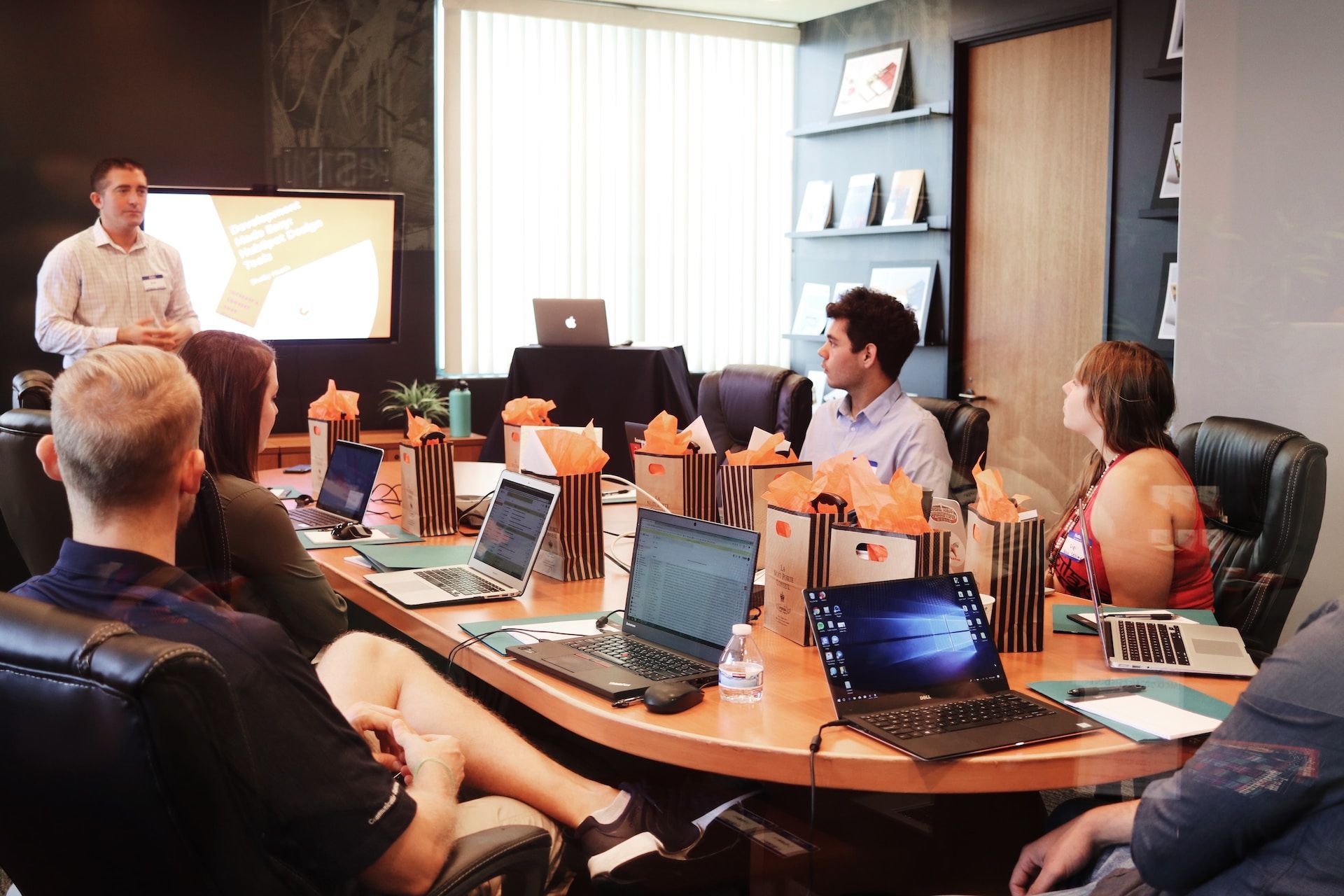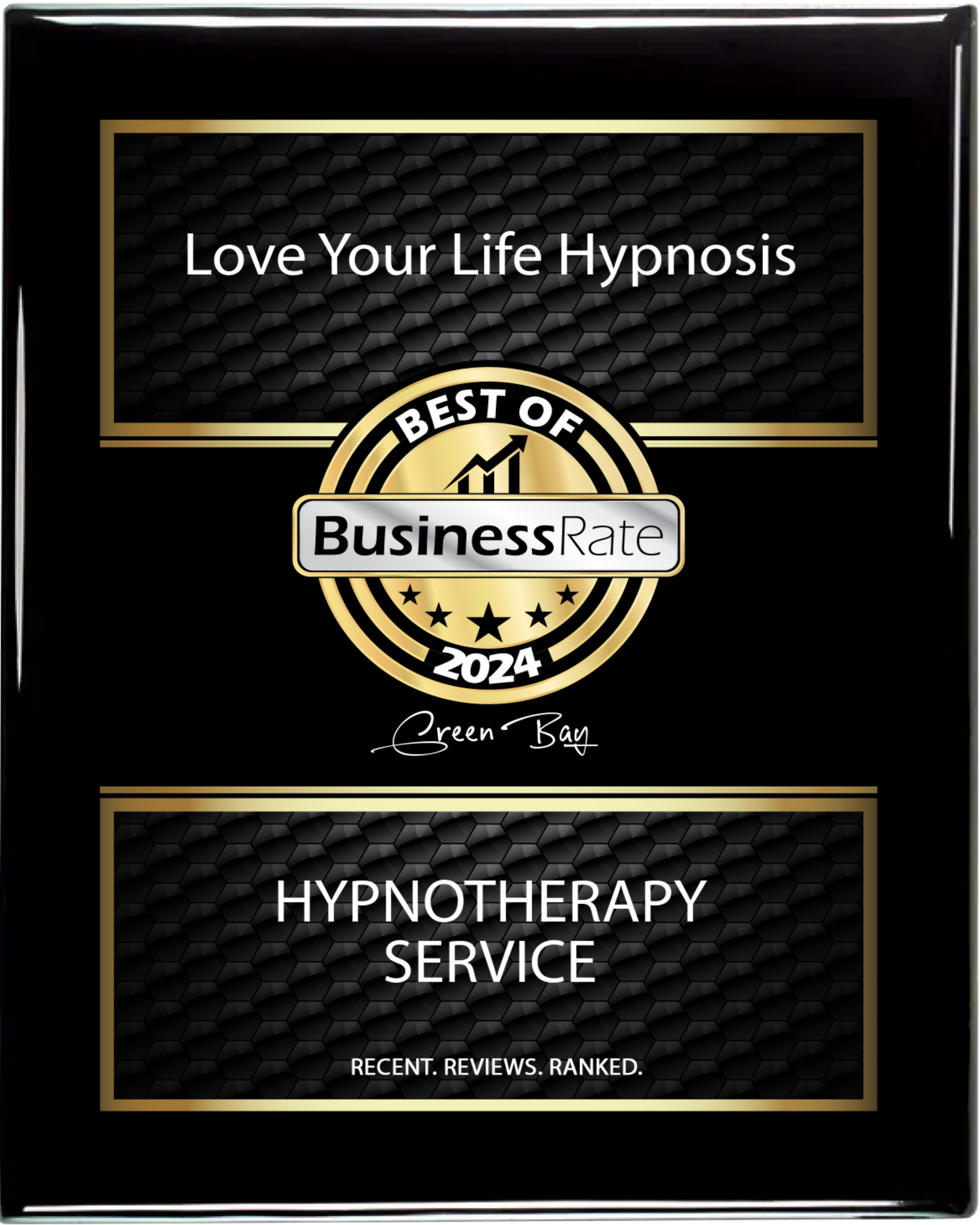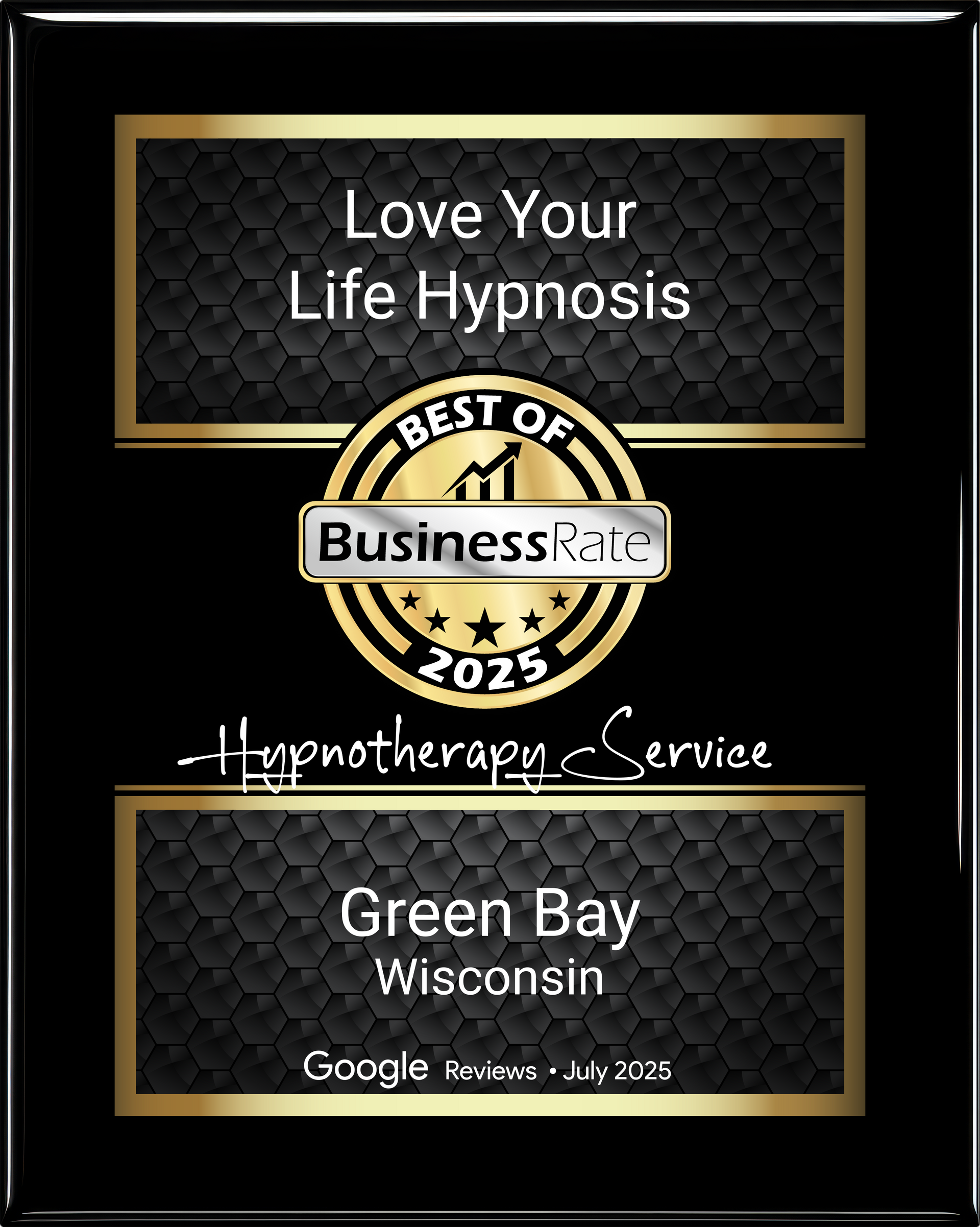Boosting Emotional Intelligence in the Workplace: Top 5 Techniques for Success
Emotional intelligence (EI), the ability to identify, understand, and manage emotions, is vital to professional success. Employees with high EI are better equipped to navigate workplace challenges, build relationships, empathize with coworkers, and make effective decisions. Developing emotional intelligence can lead to increased job satisfaction, enhanced teamwork, and a more harmonious work environment, positively impacting the bottom line.
In this article, we'll explore the top five techniques to boost emotional intelligence in the workplace. By mastering these approaches, professionals can harness the power of EI, promoting stronger relationships, increased understanding, and improved decision-making. Additionally, enhancing emotional intelligence enables professionals to lead with empathy, fostering a more collaborative and supportive environment. Join us as we delve into the best strategies for cultivating emotional intelligence and learn how it can propel your career to new heights.
Self-Awareness: The Foundation of Emotional Intelligence
The first step in enhancing emotional intelligence is improving self-awareness. By understanding one's own emotions, professionals can better manage and respond to their feelings. Increased self-awareness also contributes to empathy, allowing individuals to recognize and relate to others' emotions and experiences.
To develop self-awareness, set aside time for reflection regularly. Consider keeping a journal to document your emotions, triggers, and patterns. This practice can help you identify potential areas for growth and adjustment in your emotional responses. Additionally, soliciting feedback from trusted colleagues can provide valuable insights into how your emotions impact your work and interactions with others.
Effective Communication: Strengthening Professional Relationships
Strong communication skills are essential for fostering relationships and conveying emotions accurately. Active listening, expressing oneself clearly, and understanding nonverbal cues are critical components of effective communication.
To improve active listening, focus on fully comprehending the speaker's message before formulating your response. This involves being attentive, asking questions when necessary, and summarizing the speaker's points to ensure understanding. Remember that communication is a two-way street; you encourage open dialogue and mutual trust by demonstrating genuine interest in your colleagues' perspectives.
In addition to active listening, verbal and nonverbal communication play crucial roles in emotional intelligence. Be cognizant of your body language, tone of voice, and facial expressions when conveying emotions. Strive to express yourself honestly and authentically while remaining respectful of others' feelings and perspectives.
Building Empathy: Relating to and Understanding Others
Empathy, the ability to see situations from another person's perspective, is essential to emotional intelligence. Professionals can create a more inclusive and supportive work environment by cultivating empathy.
To enhance empathy, make an effort to understand others' feelings, motivations, and challenges. Listen attentively and ask open-ended questions to encourage deeper conversations. Practice putting yourself in others' shoes, which can help you better anticipate their needs and respond with compassion.
Additionally, building empathy requires recognizing and challenging biases and assumptions. By actively seeking diverse perspectives, professionals can expand their understanding of others' experiences, leading to more informed and empathic decision-making.
Emotional Regulation: Navigating Workplace Stressors
Regulating one's emotions is critical for maintaining composure, resilience, and adaptability in the workplace. Professionals can reduce stress, improve problem-solving, and foster a positive work environment by learning to manage emotions effectively.
To enhance emotional regulation, consider implementing stress-reduction techniques such as mindfulness meditation, deep breathing exercises, or engaging in physical activity. Additionally, develop a personal toolkit of strategies to manage difficult emotions, including challenging negative thoughts and reframing situations.
Remember that emotional regulation also involves appropriately expressing emotions. This includes understanding when and how to express feelings in a professional context and being mindful of the impact on others.
Social Skills: Nurturing Collaboration and Teamwork
Professionals with high emotional intelligence possess strong social skills, which allow them to work effectively with others and create a sense of camaraderie. Building rapport, collaborating, and resolving conflicts are pivotal aspects of social skills in the workplace.
To improve social skills, practice active listening and empathic communication. Engage in team-building activities to foster collaboration and strong connections with colleagues. Also, prioritize giving and receiving constructive feedback, which enables growth for both parties involved.
When resolving conflicts, approach situations with an open mind and a willingness to find a mutually beneficial solution. By acknowledging others' perspectives and emotions, professionals can facilitate effective problem-solving and maintain positive workplace relationships.
Continuous Learning: Commitment to Emotional Intelligence Development
Enhancing emotional intelligence is an ongoing process requiring consistent commitment to growth and learning. Seek out training opportunities, workshops, and webinars focused on emotional intelligence development. Additionally, consider engaging with a mentor or coach who can provide guidance and feedback.
Incorporate emotional intelligence into performance reviews, goal-setting, and personal development plans to ensure continued progress and self-improvement.
Professionals can significantly boost their emotional intelligence by focusing on self-awareness, effective communication, empathy, emotional regulation, and social skills. This process benefits individual growth and directly contributes to a more positive, supportive, and productive work environment.
Elevate Your Emotional Intelligence with Executive Life Coaching
Honing emotional intelligence is crucial for professionals aiming to excel in their careers and foster a positive work environment. Professionals can effectively enhance their emotional intelligence by investing in continuous learning and strategically focusing on self-awareness, communication, empathy, emotional regulation, and social skills.
Take charge of your emotional intelligence development by partnering with Ken Dombrowski. As a trusted partner, we provide personalized guidance and support to help unleash your full potential in the workplace. Tap into the transformative benefits of improved emotional intelligence. Contact us to learn more about our executive
life coaching services. Let us help you embark on your journey to greater emotional intelligence and professional success today.












